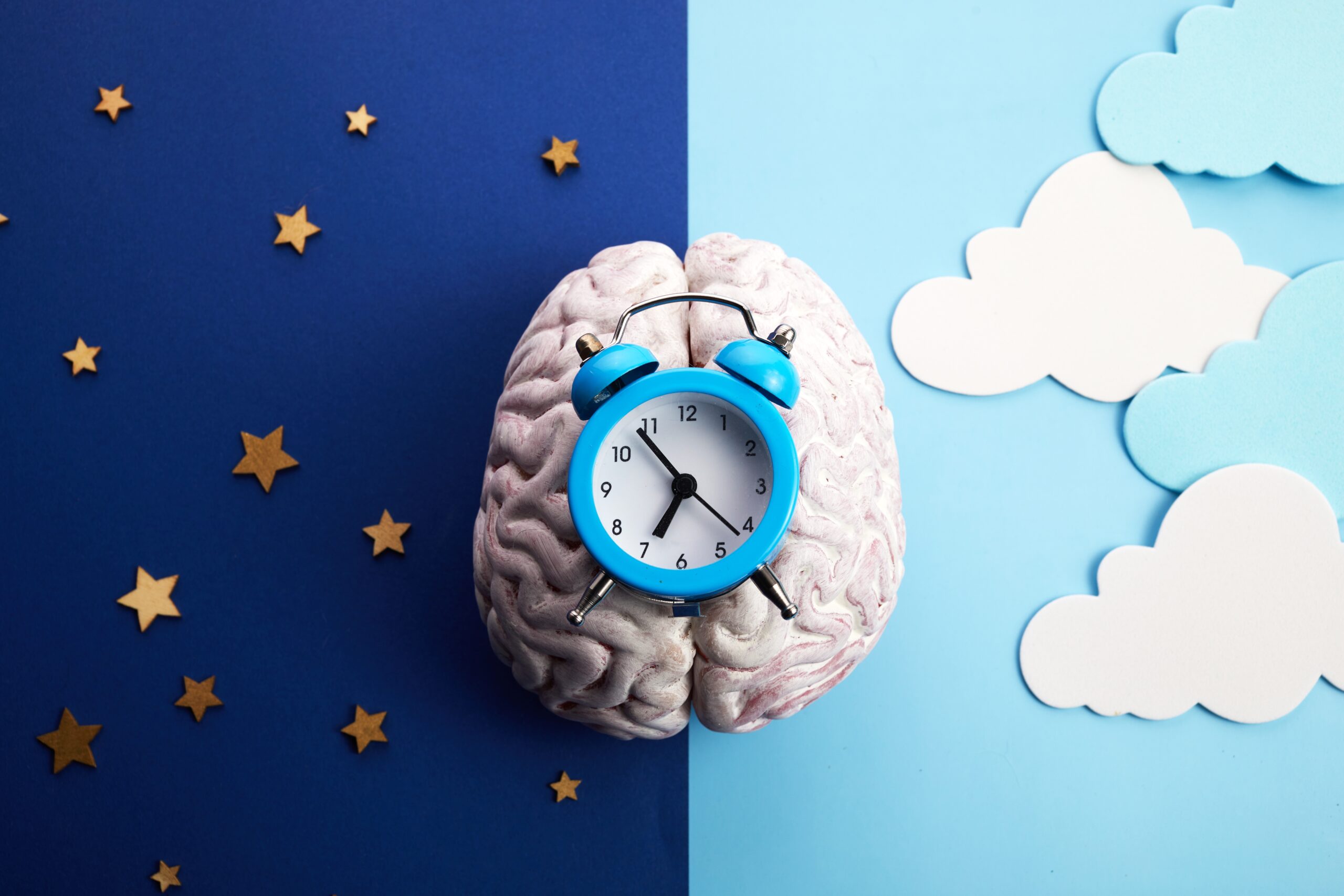by Bret Hanna
The methods of dieting can vary, but the goals are almost always the same—feel better and lose weight.
But whatever the goals may be, some effects of dieting on the body are immediate, and others show up over time. Some are positive, and some are negative.
As early as the first day, dieters can see a decrease in appetite. When there is a switch from empty carbs, which burn very quickly and leave one wanting, to complex carbs, such as healthy fats and proteins that burn slowly, there are fewer hunger pangs to deal with throughout the day. Another immediate benefit is the ability to eat more food without gaining weight when lower calorie, healthier choices are made.
A little bit further out, a week or so after starting a diet, dieters often describe increases in mental focus and clarity of thought. This is the result of a switch away from diets that are high in starches, sugars and saturated oils, which result in energy crashes and feelings of body bloat. Lower calorie, healthier choices result in more energy throughout the day. Sleep can also improve after a week or so of dieting. This also results from making food choices that leave one feeling less hungry, so hunger pangs are less like to disrupt sleep in the middle of the night. At about the same time, body water retention often subsides when high sodium processed foods are reduced or eliminated. Finally, one early benefit from dieting can be brain- health improvements. Eating foods high in vitamin B12 and omega-3s can contribute to mood stability and a more positive outlook on life.
About a month into a diet, even more benefits materialize.
Since a healthy diet directly translates to healthier skin, dieters often report a skin “glow” that they did not have before beginning a diet. Also, a month or so in, many dieters identify an increase in their metabolism. While that certainly seems like a healthy benefit from dieting, metabolism increases may not be destined to last.
Seeing the early benefits of dieting often leads dieters to go further with calorie reduction in an effort to maximize those benefits. Think more is better. Studies show, however, that very low-calorie diets often result in unintended negative side effects that undermine the goals of dieters.
When dieters move into the very low-calorie diet zone, the body reacts by going into what is called “starvation mode.” It is believed that this bodily response results from the recognition that very few calories are available, so the body must be ultra- efficient in getting the most from the calories that are consumed. The primary protective response to very low caloric intake is preservation of fat stores. But the body must use something to survive, so it burns muscle or lean tissue to obtain the needed calories. This, in turn, results in loss of those tissues which leads to a lower metabolic rate. Once the metabolic rate drops, weight loss slows down, and a primary diet goal is thwarted.
Once weight loss drops-off, dieters are often tempted to throw in the towel and stop dieting. But that does not have to happen—a “damaged” metabolism can be repaired. There are two primary mechanisms for metabolism repair. The first is caloric intake. Although counterintuitive to most dieters, increasing caloric intake slowly will rebalance the hormones that regulate metabolism, and make them work more efficiently. The result is an exit from starvation mode. The second is exercise. An ideal regimen is 3-5 days a week, maximum, with an hour maximum per session. Also, resistance and weight training are best for increasing metabolism, because building muscle requires more calories than building fat. Cardio sessions can also be part of a healthy exercise regiment, but a combination of the two is ideal.
The upshot is that dieting can be both good and bad for the body. Feeling better and losing weight are laudable goals worth pursuing. But understanding what happens to your body when you do diet is fundamental to making sure that you are making the most of your efforts to achieve your goals.








Leave A Comment